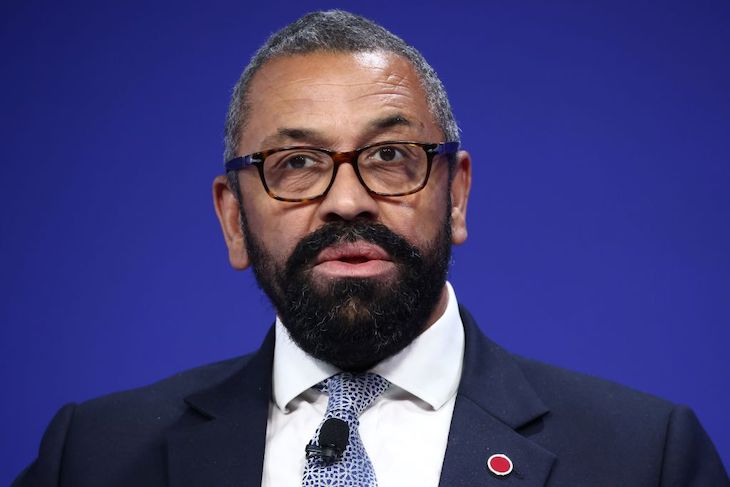Much has changed since the last time a British Foreign Secretary visited China. Back in 2018, when Jeremy Hunt met his Chinese counterpart, foreign minister Wang Yi, the world had never heard of Covid-19, Hong Kong remained mostly immune from interference from Beijing, and the truth about the mass internment camps in Xinjiang had only started emerging. Hunt and Wang agreed to keep ‘building the ‘Golden Era’ of China-UK relations’. How different the world looks, just five years later, as another British Foreign Secretary prepares to visit Beijing.
In British diplomatic circles, the term ‘golden era’ has been retired, as various human rights and geopolitical spats have led to the UK adopting a new strategy of ‘robust pragmatism’ with China (set out in this year’s Integrated Review update). When James Cleverly arrives in the Chinese capital, we will see whether this ‘robust pragmatism’ is a constructive and strategic way to deal with the world’s rising autocracy, or if it is merely ‘appeasement’, as some of parliament’s biggest China critics say.
Cleverly will need to walk a diplomatic tightrope during his trip
These critics have questioned why Cleverly needs to visit China at all.

Britain’s best politics newsletters
You get two free articles each week when you sign up to The Spectator’s emails.
Already a subscriber? Log in







Comments
Join the debate for just £1 a month
Be part of the conversation with other Spectator readers by getting your first three months for £3.
UNLOCK ACCESS Just £1 a monthAlready a subscriber? Log in